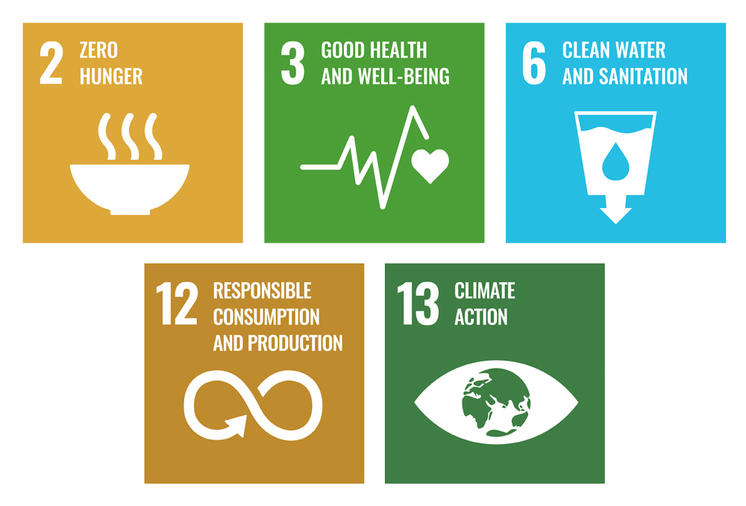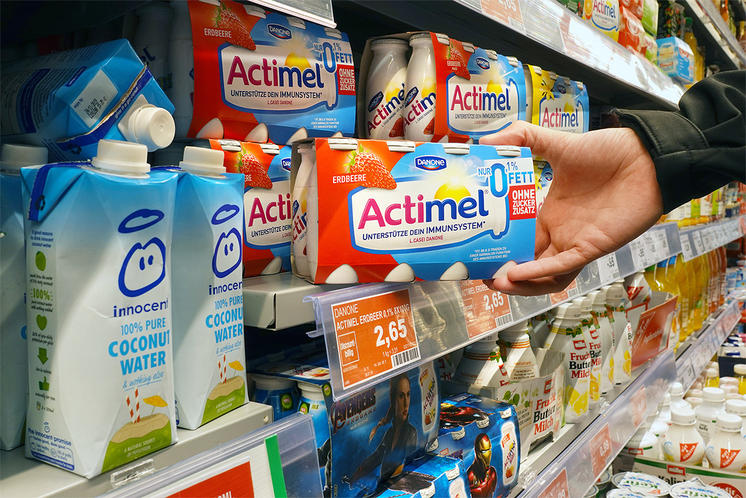With his profile as a sustainability missionary and with his orthodox management methods, Emmanuel Faber upset more than a few people, including members of the board of directors. However, it was the weak financial results that brought about its downfall on the 15th of March, as claimed by activist shareholders. The company had a very difficult year in 2020, harder hit by the economic effects of the health crisis than its competitors Nestlé or Unilever. Emmanuel Faber’s departure is another chapter in the long history of the French food giant known for its commitment to the environment and society.
In the 1970s, Antoine Riboud, the legendary and visionary head of Danone, was already stressing the importance of pursuing a dual mission, both economic and social. In 2005, the Group's social mission was officially included in its bylaws. With the French law of 2019 promoting CSR (“Loi Pacte”), Danone became the first listed company with a mission. A committee of experts, chaired by former WTO Director Pascal Lamy, ensures that four major environmental and social objectives are met: a portfolio of healthier and more widely available products; the promotion of regenerative agriculture to protect the planet’s resources; the pursuit of social innovation and greater inclusion for its employees.





